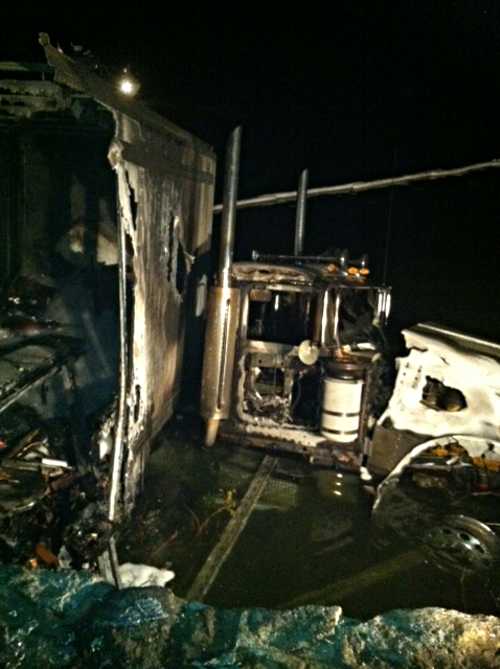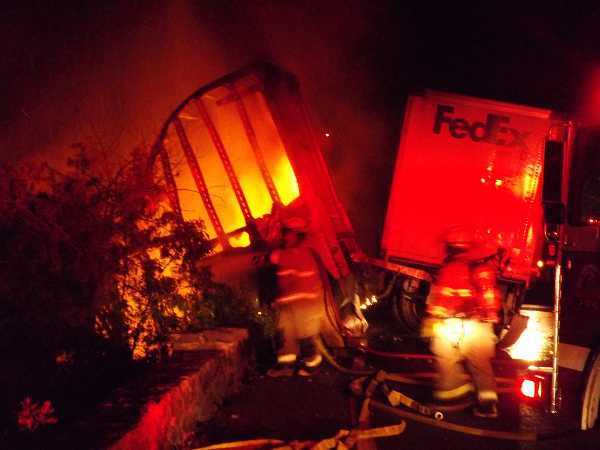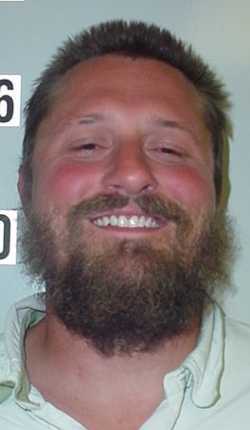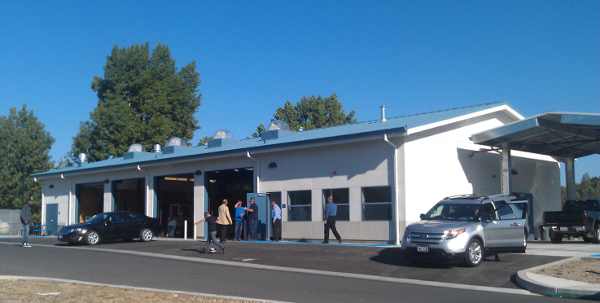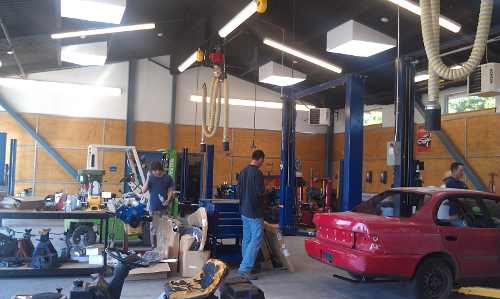- Dennis Fordham
Estate Planning: Good record keeping practices for trustees
A trustee is required to keep complete and adequate records for both tax and non tax reasons under California and federal laws.
First, a trustee has a duty to account to beneficiaries, and to report information about trust assets, liabilities and finances when requested by a beneficiary with a current vested interest.
Second, a trustee has duties to pay required taxes and report to federal, state, and local taxing authorities. California charitable trusts also must notify and report to the California Attorney General.
Records to maintain fall into three broad categories: (1) legal documents; (2) a trustee’s log (diary); and (3) financial, asset and tax documents.
Let us consider each category.
A trustee should keep all original legal documents and correspondences. The record keeping system entails document folders and an index. The original trust document and all its amendments and any restatements should be preserved.
Likewise any other legal documents pertinent to settling the trust – like promissory notes, court orders, tax documents, accountings and correspondences to beneficiaries, attorneys, accountants and others – should be kept.
The foregoing only works to the extent that matters are documented. Hence trustee, or his or her attorney, will not rely simply on oral communications with beneficiaries but will follow up in writing to document oral communications.
A trustee should keep a chronological trustee log (diary) from the very outset. Entries should detail all time spent (on a daily basis), discretionary decisions, meetings, travel and out of pocket expenses in furtherance of trustee duties.
A detailed log will show the basis for all discretionary trustee decisions: The legal authority relied upon; the professional advice that was obtained; and the critical information and documents that were considered in making the judgment.
For example, consider a trustee with discretionary authority over whether or not to keep paying a beneficiary’s college tuition.
The trustee will diary his or her consideration of the beneficiary’s academic performance, extenuating circumstances, and any other factors relevant to deciding whether the beneficiary is likely to complete a degree.
The importance of a detailed trustee log becomes all too apparent if and when a beneficiary ever challenges a trustee’s actions or objects to the amount of trustee’s fees.
The reasonableness of trustee fees depends in part on the time, effort and complexity involved. The trustee diary should document such factors.
A formal trust accounting to beneficiaries discloses all trust assets and transactions (i.e., receipts of income, payment of expenses, disposition of assets, and distributions to beneficiaries).
In order to have the information necessary to prepare an accounting that meets California legal requirements, a trustee will need to keep all inventories, appraisals, invoices, income receipts, bank statements, canceled checks, check ledger, tax returns, a trustee log, any prior accountings, and anything else with relevant information.
For example, take a payment to a contractor for a repair to a residence owned by the trust to get it ready for sale.
The accounting will need to say what repairs were made, to what residence and whether or not the contractor is related to the trustee; in addition to showing the amount and date of the payment. A contractor’s invoice, with this information, is, therefore, a necessary document to keep.
How long a trustee preserves the records varies.
For tax reasons records are usually kept three years after the filing of a tax return, but some records must be kept for up to seven years.
For non tax reasons, beneficiaries have three years from receipt of an accounting to file objections; this can be reduced to 180 days by the trust instrument (with a special warning notice provided with the accounting).
Dennis A. Fordham, attorney (LL.M. tax studies), is a State Bar Certified Specialist in Estate Planning, Probate and Trust Law. His office is at 55 First St., Lakeport, California. Dennis can be reached by e-mail at

 How to resolve AdBlock issue?
How to resolve AdBlock issue? 